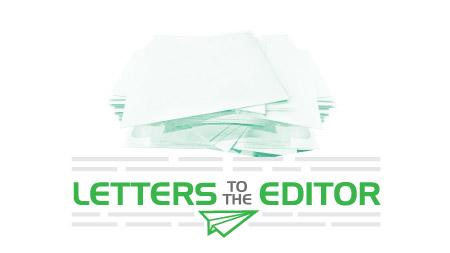
Imported ‘milk’ powder
According to newspaper reports, speculation is rife that imported milk powder consists mainly of palm oil and lactose. The public has a right know whether milk powder importers have over the years hoodwinked the whole country by feeding them with synthetic material instead of pure milk fit for human consumption. This must to be sorted out sooner in the interest of the public.
According to the announcements by the importers, they do not specifically say that the products they import and market do not contain palm oil and lactose. They simply quote reports issued by outside agencies to their advantage. Why do they avoid mentioning about the presence or absence of palm oil and lactose? We should not rely on reports issued locally with regard to this matter since this is of paramount importance.
I suggest that we should make an earnest appeal to independent organisations, such as the WHO/UN/FAO to collect random samples from stocks in circulation and get a report from one of their own laboratories soon as this is an important matter concerning the health of the public.
P. Batianz,
Negombo.
Commission on commission
When we consider the past 10 years, how many commissions and committees have been appointed. When there is a serious problem in the country, the normal practice is to appoint a commission to inquire about and submit a report.
Sometimes, the commissions do their studies and submit the reports. Sometimes, the report is never submitted. Millions and millions rupees of public funds are spent for the commissions. The time of the experts is used for the commissions. Sometimes, the report contains more than thousand pages. Many copies are printed and distributed. Unfortunately, no one is taking any interest to use the commissions recommendations to improve the standards of the country.
Commissions are appointed to investigate corruption and fraud in government organisations. Reports indicate who are at fault. What precautions are necessary to prevent a recurrence of frauds and corruption. Unfortunately, action is not taken against those at fault. Recommendations are just ignored. This is not a secret. This is a tragic situation.
We kindly request the authorities to appoint a commission to study and report why the commission reports were not used by the institutions.
The commission should study: what were the commissions? how many of them submitted reports? the amount of money spent on the commissions, what were the recommendations? names of those who are involved in frauds, corruption, mismanagement and negligence and reason why the recommendations were ignored.
D. Weeratunga,
Nugegoda.
Standards Institution needs standards
The Sri Lanka Standards Institution (SLSI) is the government approved organisation for product certification and systems certification.
They certify products, such as copper wire and PVC pipes. They also certify companies for systems such as ISO certification.
They have auditors who check or audit companies.
Unfortunately, there are complaints about these auditors. How honest are they ? Are there any gifts, presents, illegal payments and hampers given by the companies to these auditors and SLSI managers.
Companies provide them with meals from hotels and transport. By providing facilities to auditors, the companies will influence the auditors. Company owners buy these officers and do not worry about maintaining standards. They know they will get their certificate.
This is bad for the SLSI, bad for companies, bad for products and bad for the country.
Auditors must be honest. They must not only be honest, they must appear to be honest. When you check a place, you should not take anything from that party. That is basic ethics.
The SLSI should set an example to others.
W. Dharmadasa,
Nugegoda.
